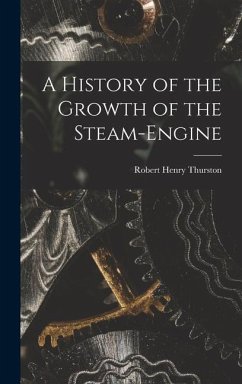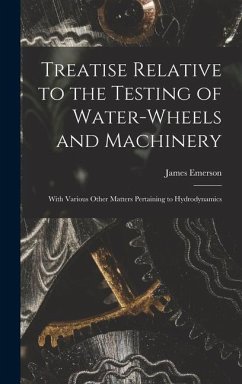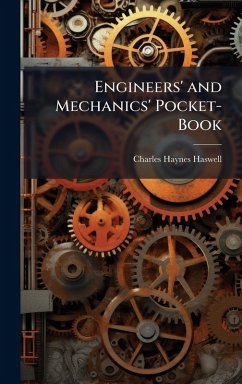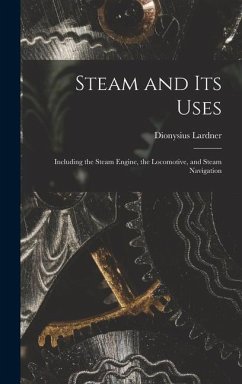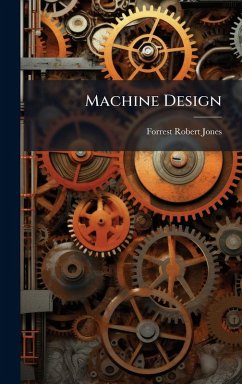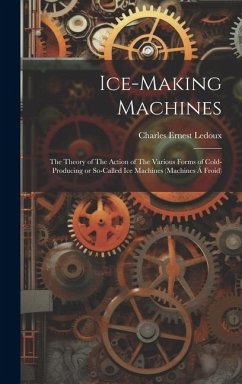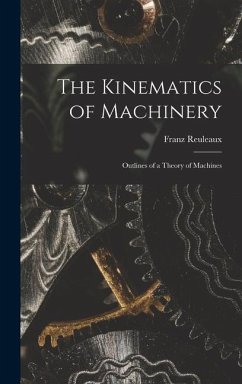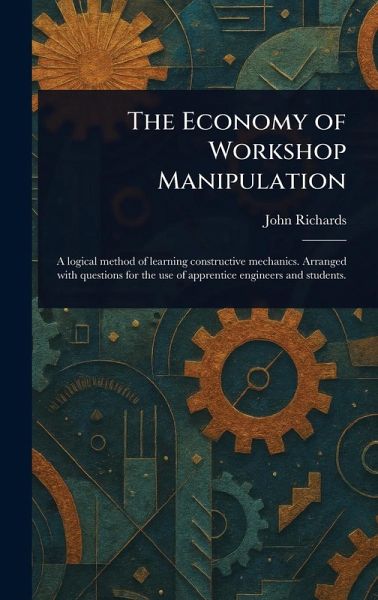
The Economy of Workshop Manipulation
Versandkostenfrei!
Versandfertig in über 4 Wochen
30,99 €
inkl. MwSt.
Weitere Ausgaben:

PAYBACK Punkte
15 °P sammeln!
"The Economy of Workshop Manipulation: A logical method of learning constructive mechanics" by J. Richards offers a comprehensive exploration of machine-shop practice and its underlying principles. This meticulously prepared print edition delves into the heart of workshop management, industrial economy, and manufacturing processes. Explore the practical application of constructive mechanics through a logical and systematic approach. Richards' insights remain relevant for anyone interested in the foundations of technology and applied sciences. This volume offers a valuable look into the fundame...
"The Economy of Workshop Manipulation: A logical method of learning constructive mechanics" by J. Richards offers a comprehensive exploration of machine-shop practice and its underlying principles. This meticulously prepared print edition delves into the heart of workshop management, industrial economy, and manufacturing processes. Explore the practical application of constructive mechanics through a logical and systematic approach. Richards' insights remain relevant for anyone interested in the foundations of technology and applied sciences. This volume offers a valuable look into the fundamentals of industrial engineering, mechanical processes, and effective management techniques within a workshop environment. A timeless resource for understanding the bedrock of modern manufacturing. This work has been selected by scholars as being culturally important, and is part of the knowledge base of civilization as we know it. This work is in the public domain in the United States of America, and possibly other nations. Within the United States, you may freely copy and distribute this work, as no entity (individual or corporate) has a copyright on the body of the work. Scholars believe, and we concur, that this work is important enough to be preserved, reproduced, and made generally available to the public. We appreciate your support of the preservation process, and thank you for being an important part of keeping this knowledge alive and relevant.





